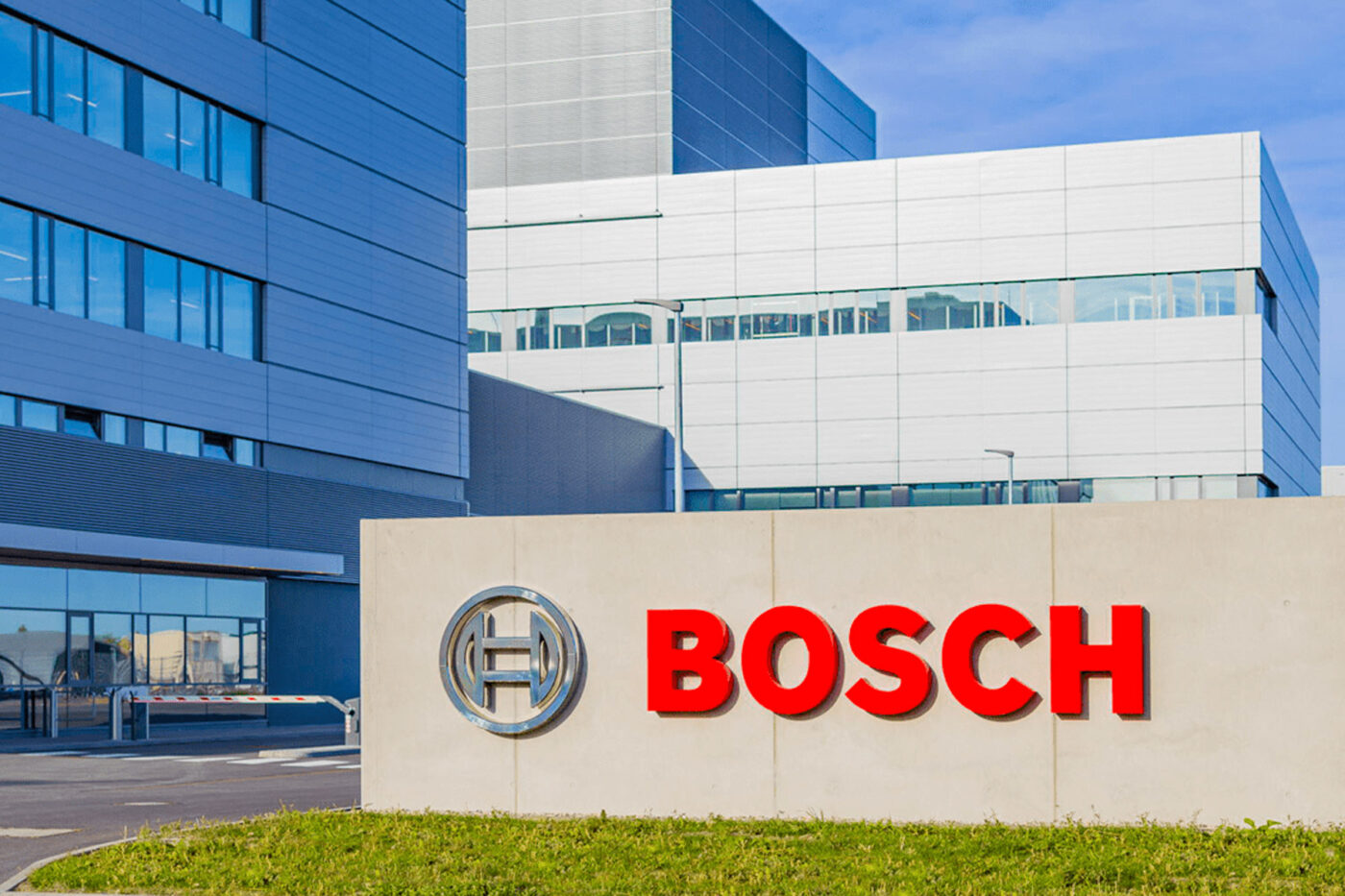Bosch to cut another 13,000 jobs in its mobility division
The company, based in Gerlingen near Stuttgart, officially announced the new job cuts on Thursday, after the German Handelsblatt newspaper had already reported on the plans. The Power Solutions and Electrified Motion divisions, with locations in Stuttgart-Feuerbach, Schwieberdingen (Ludwigsburg district) and Waiblingen (Rems-Murr district), as well as Bühl (Rastatt district) and Homburg in Saarland, are particularly affected by the job cuts. Together with the 9,000 job cuts already announced for 2024, this means that around 22,000 jobs will be lost by the end of 2030. The Mobility division most recently employed 70,000 people in Germany.
“We urgently need to work on our competitiveness in the mobility sector and continue to reduce our costs on a permanent basis. We are setting many levers in motion to achieve this. Unfortunately, we will not be able to avoid further job cuts beyond the level already announced,” explained Chief Human Resources Officer Stefan Grosch. “This pains us greatly, but unfortunately, there is no way around it.” The current sales growth of around two per cent is not sufficient to compensate for rising costs.
Works council is gearing up for a fight
Understandably, harsh criticism comes from the works council: “We will not accept staff cuts on this scale,” the Handelsblatt quotes Frank Sell, head of the general works council, as saying: “We will fight like lions.” The issue at stake is how future technologies can be produced in Germany in the future. “We won’t get anything for free. These will be the toughest negotiations we’ve ever had.” Bosch actually has job security in Germany until 2027. This means that, for the time being, job cuts can only be carried out through voluntary arrangements such as severance payments or early retirement. Nevertheless, the union is dismayed: Adrian Herms, IG Metall’s group representative, spoke of a “huge disappointment and a pitch-black day for social partnership.”
The reasons for the job cuts include stagnation in the global automotive market and increasing competition among suppliers: while German suppliers have been growing by an average of 5.7 per cent annually since 2020, Chinese competitors have achieved an impressive 14.7 per cent, according to the new supplier study by Berylls by AlixPartners, which you can download here. At the same time, the pie for suppliers is getting smaller: manufacturers are bringing more value creation in-house – from powertrains to software solutions.
Working more closely with manufacturers
Bosch has also recognised this: vehicles are currently being redesigned from the ground up, which is why both manufacturers and suppliers need to “think much more holistically,” as Dr Markus Heyn, Managing Director of Bosch Mobility, recently said in a video interview with our German electrive website. Simply delineating responsibilities no longer makes sense.
One issue that is troubling Bosch and other suppliers is the shift to electric mobility. Bosch is already very active in this segment and offers a wide range of core components such as electric motors, inverters, voltage converters and on-board chargers. However, components for electric cars can often be manufactured with fewer personnel than those for combustion engines. And many typical combustion engine components, such as injection nozzles, in which Bosch was the global market leader, are not needed at all in electric cars. In other words, the product portfolio must be radically changed and production converted, which has a major impact on locations and personnel structure.
Conversely, the transition to electric vehicles may not be happening fast enough – because the much-cited “technological openness” means that suppliers have to manufacture components for too many types of drive systems at the same time, which ties up additional resources and reduces economies of scale. Bosch, for example, is not only expanding its business in electric mobility, but also in the highly controversial fuel cell segment. At the same time, however, components for petrol, diesel and hybrid vehicles must continue to be manufactured.
handelsblatt.com, automobilwoche.de (both in German)
This article was first published by Florian Treiß for electrive’s German edition





1 Comment